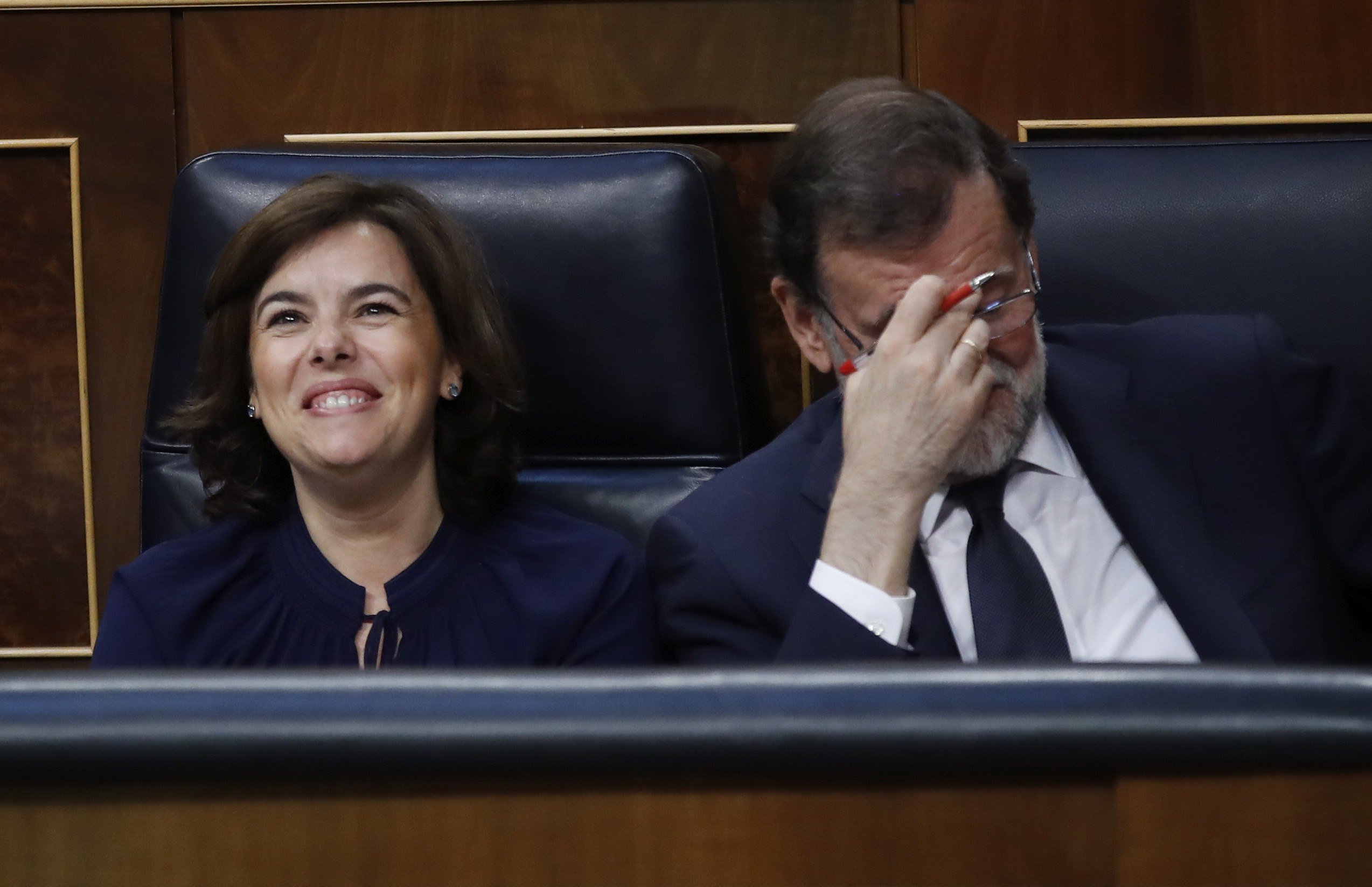Spain's Supreme Court has today issued its ruling on the filings from the defence and prosecution in the trial of pro-independence Catalan leaders requesting the evidence they would like to bring and the witnesses they would like to call on. The order also confirms the trial will start on 12th February.
Among the hundreds of names the court accepts to call as witnesses are the former Spanish prime minister Mariano Rajoy; his deputy, Soraya Sáenz de Santamaría; his treasury minister, Cristóbal Montoro; former Catalan president Artur Mas; Basque president Iñigo Urkullu; the current speaker of the Catalan Parliament, Roger Torrent; Congress deputies like Gabriel Rufián and Joan Tardà (both ERC); former general coordinator of PDeCAT Marta Pascal; mayor of Barcelona, Ada Colau, and the former Spanish government delegate to Catalonia, Enric Millo.
Also called are witnesses are members of the public who were injured during the referendum, as well as police officers and Civil Guard agents who were likewise hurt that day.
Rejected
The court, however, hasn't accepted all the witnesses lawyers for the parties involved wanted to call. The king, for example, is not called on, as that is explicitly prohibited by legislation.
Also rejected was the offer by some of the politicians in exile, like Carles Puigdemont, to testify. The court argues that it would be inconsistent with their legal status in the case, namely that they would be on trial too if they hadn't left Spain.
Similarly dismissed were suggestions of calling on UN special rapporteurs, human rights experts, Nobel prize winners and intellectuals, like Noam Chomsky and Paul Preston. The judges argue that "the personal evaluations of rapporteurs, Nobel prize winners, linguists and historians (some of them of unquestionable stature and authors of work which deserves admiration and collective recognition) are dispensable when they are called to trial to opine 'on the facts [which are the] subject of charges'. In the penal process, the witness is questioned about the facts which they have direct or referential knowledge of".
In the courtroom
The other notable request the judges turn down is that for there to be international observers present in the courtroom to guarantee the defendants' human rights are respected. They acknowledge the importance of monitoring the correct functioning of the law, saying that is why they have permitted the case to be broadcast live and streamed online. They say this is sufficient in terms of observation, and also avoids issues around "the lack of accreditation, for those who the parties attribute the condition of impartial observers to, of a status of neutrality and economic independence with respect to their proponents".
The order also sets the number of spaces in the courtroom each defendant can reserve for their friends or family: two. The court says that size limits in the chamber and the number of accused, combined with the large variety of groups who have reason to be present force their hand when it comes to such a restriction.

